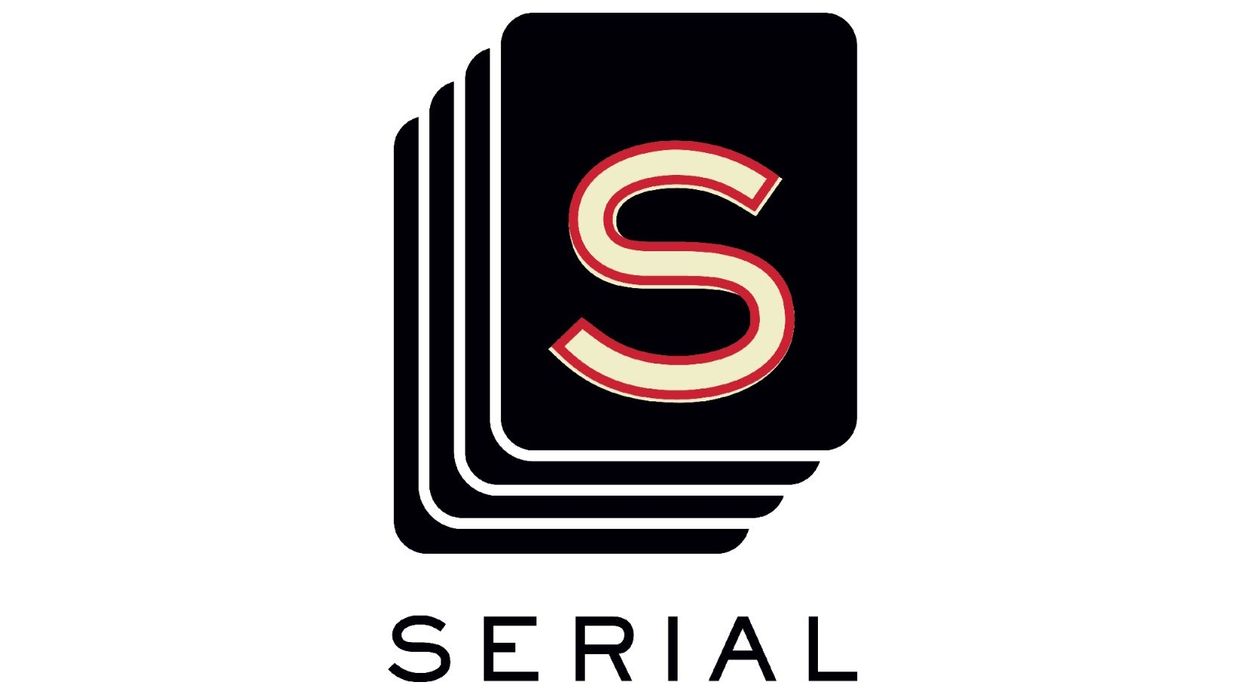‘Serial’ Season 2 Tells Bowe Bergdahl Story (& Builds Audience for Annapurna Pictures’ Movie)
The first season of Serial changed how we consume podcasts. The second season will change how Hollywood builds audiences for its films.

The first season of Serial, with its Peabody award-winning long-form storytelling, changed how listeners consumed (and dissected) podcasts. With the launch of Serial Season 2, the most popular podcast on iTunes examines the complex story of U.S. Army soldier Robert Bowdrie "Bowe" Bergdahl, his rescue after five years in an Afghan Taliban prison, and the subsequent discovery that Bergdahl had deserted his post which led to his capture — in Bergdahl's own words for the very first time. While this story alone should prove to be incredibly fascinating based onthe first season of Serial, filmmakers, producers and Hollywood studios should sit up and take notice of how it came to be.
As revealed by host and producer Sarah Koenig in the first episode of Season 2 (available now on iTunes, Pandora, Stitcher and the Serial website), screenwriter Mark Boal and his production company Page 1 approached Serial. Boal asked if the team would like to listen to his exclusive 25 hours of phone interviews with Bergdahl gathered during his research for a screenplay, to be directed by Kathryn Bigelow and produced by Megan Ellison's Annapurna Pictures (reuniting the Zero Dark Thirty team). Bergdahl has never spoken with the press since his release and return the U.S., so naturally Koenig and the Serial team were very interested, and what they heard did not disappoint.

But if Boal had 25 hours of exclusive interviews with Bergdahl, why would he share them with Serial with the intention of the podcast revealing those interviews before the film is made?
Virtually every studio film is now based on underlying intellectual property — be it a best-selling book, a well-known comic book character, an established film franchise, a hit TV series, or even a critically-acclaimed yet little-seen documentary. The reason is simple. Studios are risk-averse, and they stake their bets on films that come with built-in audiences.
The Bowe Bergdahl story is certainly very intriguing. What initially seemed like the return of an honorable prisoner-of-war after being held for five years in a Taliban prison quickly turned into a tale of a soldier who willingly left his post and now faces military charges of desertion and misbehavior before the enemy. And yet, we've never heard the story from Bergdahl himself.
I imagine this story would interest a number of Hollywood studios, but I would also venture to guess that they are concerned that the American public may not show much interest in a movie about an Army deserter and his subsequent years in a Taliban prison based on what the media has reported to date. However, if the public heard the story through Bergdahl's own words first, not to mention additional interviews with his fellow soldiers and even interviews with the Taliban involved in his capture, and the most popular podcast delivered this story weekly with tantalizing hooks and in-depth research in a way only Serial has done so far, that potentially small audience has the potential to balloon into several million people who will likely become passionate about this story. And that is an audience that Hollywood studios will notice.
To be clear, Annapurna Pictures is producing the film version of the Bowe Bergdahl story and will likely put up a bulk of the financing for the project under Megan Ellison's leadership. But Annapurna still needs a distribution partner (and possibly a co-financier), preferably among the major studios like those that have distributed their past films and can create an award campaign for what will likely be positioned as a prestige film, leveraging the past Oscar wins of Bigelow and Boal. And studios want to know that a film already has an established audience before making its bet.
So, instead of keeping his exclusive interviews close to the vest, Boal recognized the power of Serial to create the audience demand for his screenplay and the ultimate film with Bigelow and Annapurna, and proactively shared those interviews in the hopes that Serial would bite. And bite they did.
Over the next few weeks, we'll discover just how popular Serial remains as Season 2 unfolds and we learn the twists and turns in the Bergdahl story from his own perspective as well as those who knew him — or thought they did. Assuming listeners from Serial Season 1 stayed hooked during Season 2, not only will the future film version gain more traction, but producers and studios will likely start combing through their true-life projects in development to pitch to Serial in the hopes of capturing that dedicated podcast audience of millions of listeners, too.
Source: Serial Podcast












